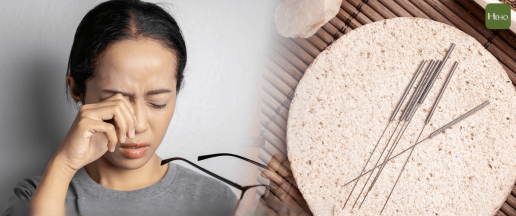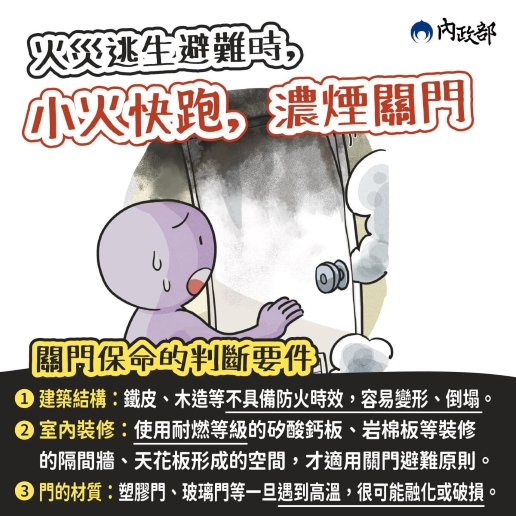According to the survey, 80% of women from 20 to 39 years old have less than three daily intakes of vegetables, and 70% of them have eat less than two fruits. The analysis shows that this population group don’t get enough exercise, they sleep insufficiently, dinner too late. This kind of bad habits, over time, may cause intestinal fistulae.
According to the “Happy Body Index Survey” conducted by the John Tung Foundation in 2013 and 2016. The overall score of women was 61.2 points, which was a sad score compared with men (65.1 points). In addition, the 20-39 year old women’s score was the worst, more than half of them failing.
Looking at their scores, the worst marks were in the self-evaluation of beauty, vitality and healthiness. They regard oneself as tired and ugly women who don’t eat enough fruits, suffer constipation, dinner too late, eat snakes at night, lack of sleep, and don’t get enough exercise, so they can be called “restless night women”. Their lifestyle is consistent with many high-risk factors for intestinal fistulae,so in the long term, many of these “restless night women” will suffer from this disease.
Wang Yanbo, doctor in the endoscopic diagnosis and treatment center of Taipei Veterans General Hospital, recommends to take 25-31 grams of fiber daily to ameliorate the problems related to intestinal fistulae and chronic constipation. It is convenient to exercise for a specific period of time, helping defecation and relieving constipation symptoms.
Dr. Wang suggested: “We should eat sufficient fruits and vegetables to prevent and relieve intestinal symptoms. It is also recommended to have a high-fiber diet and rich in fruits and vegetables easy to digest, such as papaya, citrus, kiwi, strawberry, tomato, passion fruit, dragon fruit, pineapple, cantaloupe, cranberry, blueberry, raspberry, etc.”
Mo Yachun, a nutritionist from the John Tung Foundation Moya reminded: “Restless night women” should take enough fruits and vegetables, pursue a healthy lifestyle (three meals a day, not staying up late), and avoid snacks. In addition to at least three intakes of vegetables and two fruits a day (each vegetable intake is about half a bowl, one fruit the size of an orange, kiwi, etc.), they should also avoid food rich in fat and sugar. Indeed, the intake of fats and sugar is positively correlated with intestinal fistulae.








